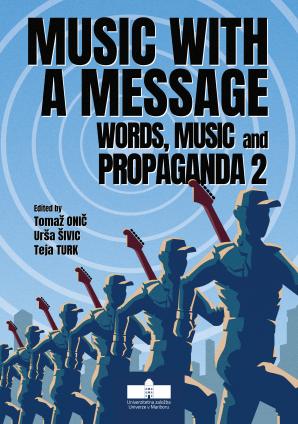A Comparative Analysis of Impacts of the Sanremo Festival and the Eurosong Contest on Popular Music
Synopsis
Since 1951, the Sanremo Music Festival has symbolized the pressing demand for entertainment that was a response to the collective trauma following World War II. Its success prompted Swiss journalist Marcel Bezençon to conceive a European version of the festival, which resulted in the founding of the Eurovision Song Contest (ESC). Together, these festivals have indelibly impacted the evolution of European popular music, introducing Europe to an array of musical and lyrical innovations, as well as to the advent of the US rock and roll. In Yugoslavia, the 1948 split between Tito and Stalin prompted new approaches to cultural policy. This resulted in a unique cultural policy in which Western influences were categorized as either acceptable or unacceptable, depending on whether they challenged the idealistic socialist principles. Yugoslavian pop music (zabavna glazba) subsequently evolved under the influence of Sanremo and – to a lesser extent – the ESC. The paper examines the influence of Sanremo and the ESC on the emerging genre of zabavna glazba as well as on the shaping of Yugoslav cultural diplomacy.







